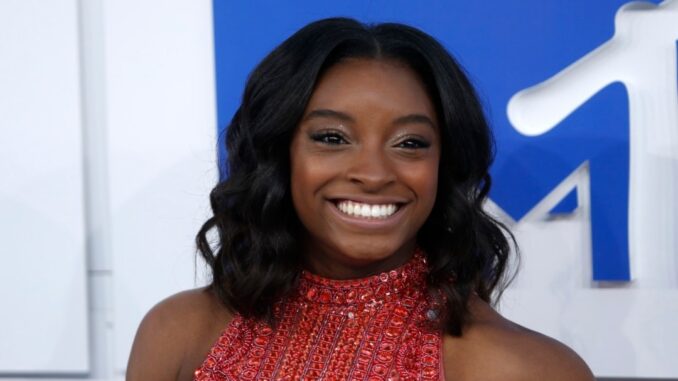
Back in July 2021, conservative commentator Charlie Kirk unleashed a scathing critique of Olympic gymnastics legend Simone Biles. After her sudden withdrawal from the team final at the Tokyo Olympics — citing mental health concerns and what gymnasts call “the twisties” — Kirk called her things like “a shame to the country,” “very selfish,” and, more shockingly, a “sociopath.” That wasn’t just a political talking point — it touched a nerve in the sports community, igniting waves of outrage, support, and reflection. Let’s dive in: how did athletes, fans, commentators, and the broader sporting world respond when Kirk attacked one of the most decorated gymnasts of all time?
1. The original flashpoint: Kirk’s 2021 attack and its framing
Charlie Kirk’s remarks following Simone Biles’ decision to withdraw from Olympic events in Tokyo framed the withdrawal as a moral and patriotic failure, accusing Biles of lacking toughness and branding her choices as a “shame to the country” or “a disgrace” in coverage summarizing his podcast and commentary. That framing positioned the debate not merely as a sports disagreement but as a cultural critique about resilience, patriotism and the acceptable limits of athlete vulnerability.
2. Sports community and athlete responses: widespread defense of Biles
Reporting and retrospectives show that many athletes, teammates and sports commentators defended Biles, praising her candor about mental health and criticizing Kirk’s comments as insensitive — the public reaction typically emphasized support for prioritizing wellbeing over competition. Mental-health advocates within and around sport used the episode to underscore changing norms: that elite athletes can and do step back for psychological reasons and deserve support, not public shaming.
3. Media, fact-checks and the 2025 misinformation wave
After Charlie Kirk’s fatal shooting in 2025, social posts claimed Simone Biles wrote a blog mocking him; multiple fact-checkers and outlets found no such statement and documented that viral posts included AI-generated content or fabricated quotes — Snopes, Yahoo fact-check and Times of India all reported there was no verified Biles response and highlighted how misinformation spread after the death. These fact-checks changed the post-event narrative from “sports feud” to an example of how major events are exploited by inauthentic content.

4. Polarized interpretations: public-health vs. toughness narratives
Coverage shows a clear divide: one camp — athletes, mental-health voices, many journalists — framed Biles’ withdrawal as a legitimate mental-health decision that advanced destigmatization in sport. Another camp, represented by Kirk’s rhetoric and echoed in some conservative commentary, treated the move as evidence of declining resilience and criticized what they see as lowered standards for elite competitors. Both frames persist in public discussion, which explains ongoing contention whenever athlete wellbeing becomes news.
5. How the sports community’s reaction shaped broader discourse
The sports community’s mostly sympathetic response helped normalize mental-health conversations in elite athletics and provided visible support for athletes who step away, turning Biles’ choice into a touchstone for later debates. That cultural shift is repeatedly cited by commentators and organizations as a major outcome of the controversy, contrasting with Kirk’s more traditionalist stance that prioritized toughness as an athletic virtue.
6. Limits of current sourcing and remaining uncertainties
Available sources document Kirk’s 2021 critiques, wide athletic and public support for Biles, and later misinformation about Biles “mocking” Kirk after his 2025 death; however, available sources do not detail every individual sports figure’s reaction or provide exhaustive timelines of athlete statements beyond the summary coverage and fact-checks cited. Also, while many outlets report the broad patterns of reaction, they vary on emphasis — some stress emotional support for Biles, others focus on the cultural clash — so measures of how unanimous the sports community was are reported in general terms rather than with a comprehensive list of responses.
Bottom line: reporting shows Kirk’s criticisms of Biles galvanized a largely sympathetic sports-and-mental-health response that reframed elite athlete wellbeing, while later viral claims that Biles celebrated Kirk’s death were debunked by fact-checkers and major outlets.